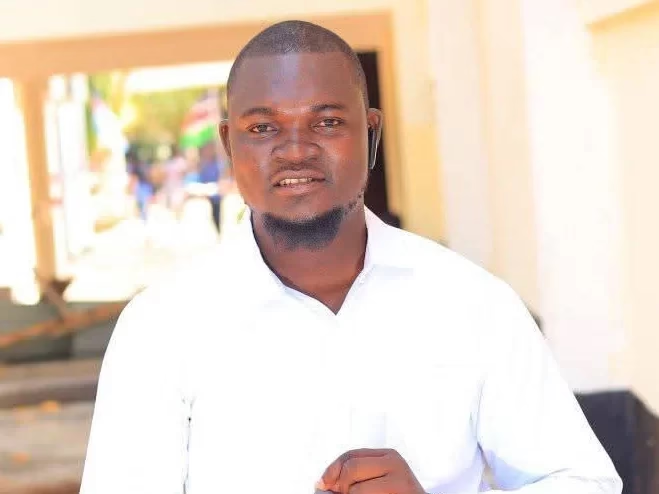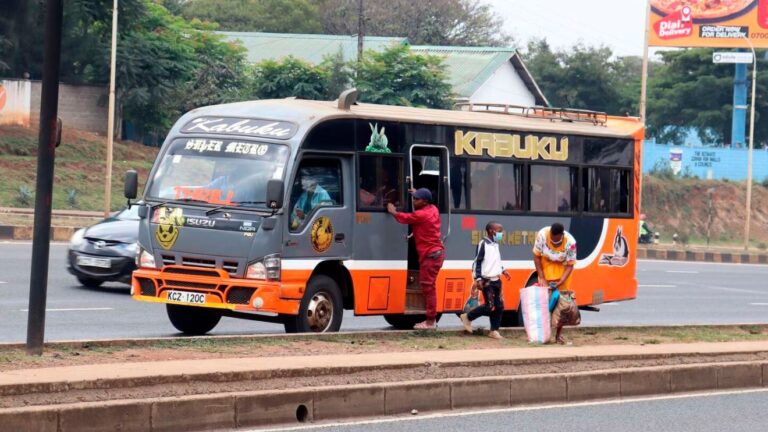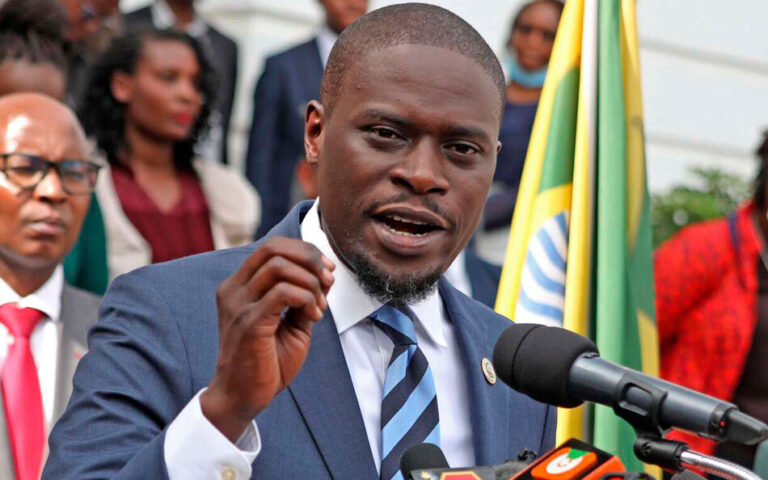
A cloud of grief and outrage hangs over Kenya after the sudden death of Albert Ojwang, a young man who died in police custody mere hours after being arrested by the Directorate of Criminal Investigations (DCI) over a controversial social media post.
The incident, which has sent shockwaves across the country, has reignited fierce debate over freedom of expression, police accountability, and digital rights.
Albert Ojwang, believed to be in his late 20s, was a vocal social media user known for his sharp political commentary. On the morning of June 5, 2025, he was reportedly arrested in Kisumu without a warrant, shortly after sharing a thread on X (formerly Twitter) that criticized senior government officials and accused them of misusing public funds.
The DCI released a brief statement on the day of his arrest, citing “potential incitement likely to cause public unrest” as the basis for Ojwang’s detention. However, eyewitnesses claim that the arrest was abrupt and forceful, with no explanation provided to Ojwang or the people around him at the time.
Hours later, Albert was pronounced dead at Kisumu Level 5 Hospital. Police claimed he had collapsed in his holding cell due to an “unspecified medical condition.” His family and legal representatives, however, allege foul play.
Also read: Unarmed Hawker Killed by Nairobi Police Amid #JusticeForOjwang Protests
Safaricom Denies Involvement in Albert Ojwang’s Controversial Arrest
According to early reports from a family-requested postmortem, Ojwang suffered from internal bleeding and blunt force trauma, raising serious questions about the circumstances of his detention and treatment.
Opposition leaders and civil rights organizations have condemned the incident. Amnesty International Kenya released a statement demanding that the Independent Policing Oversight Authority (IPOA) launch an urgent inquiry into Ojwang’s death.
While government officials have largely remained silent, a few have urged caution. Speaking on local television, Interior Principal Secretary Raymond Muriuki called for patience as investigations continue but stopped short of condemning the arrest.
Ojwang’s family has vowed to pursue justice through legal means and plans to file a lawsuit against the state. His mother, Mary Ojwang, made an emotional appeal during a press conference: “All my son did was speak the truth. They silenced him. But we will not be silent.”
The incident comes amid growing concern over the Kenyan government’s use of digital surveillance and crackdowns on online dissent. Activists warn that if left unchecked, the trend could severely undermine free speech and civic engagement in the country.
As the investigation unfolds, the country watches closely. Albert Ojwang’s death has become a symbol of a larger struggle for truth, justice, and the right to speak without fear.


This tragic death of Albert Ojwang has undeniably shaken the nation and raised critical questions about our democracy and the rule of law. The circumstances surrounding his arrest and subsequent death are deeply concerning, especially given the allegations of police misconduct. It’s alarming how easily freedom of expression is being suppressed in the name of maintaining public order. The government’s silence on such a grave issue speaks volumes about its priorities. Albert’s case is a stark reminder of how far we still have to go in holding those in power accountable. The blatant disregard for human rights in this case is unacceptable and must not be swept under the rug. Why hasn’t there been a more transparent and immediate response from the authorities to address these accusations?